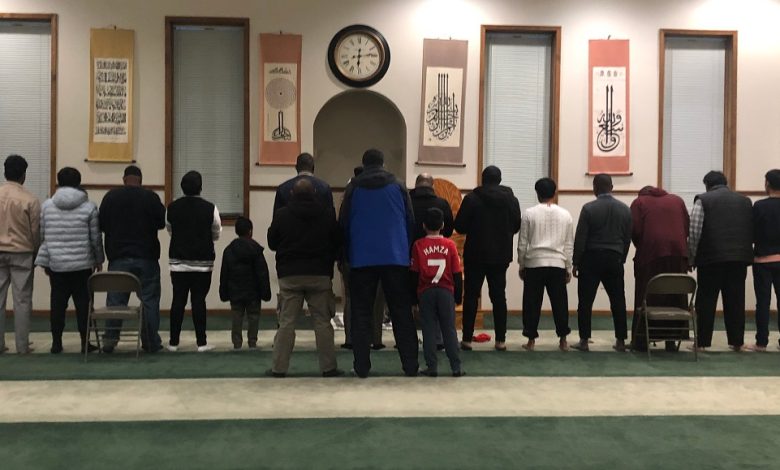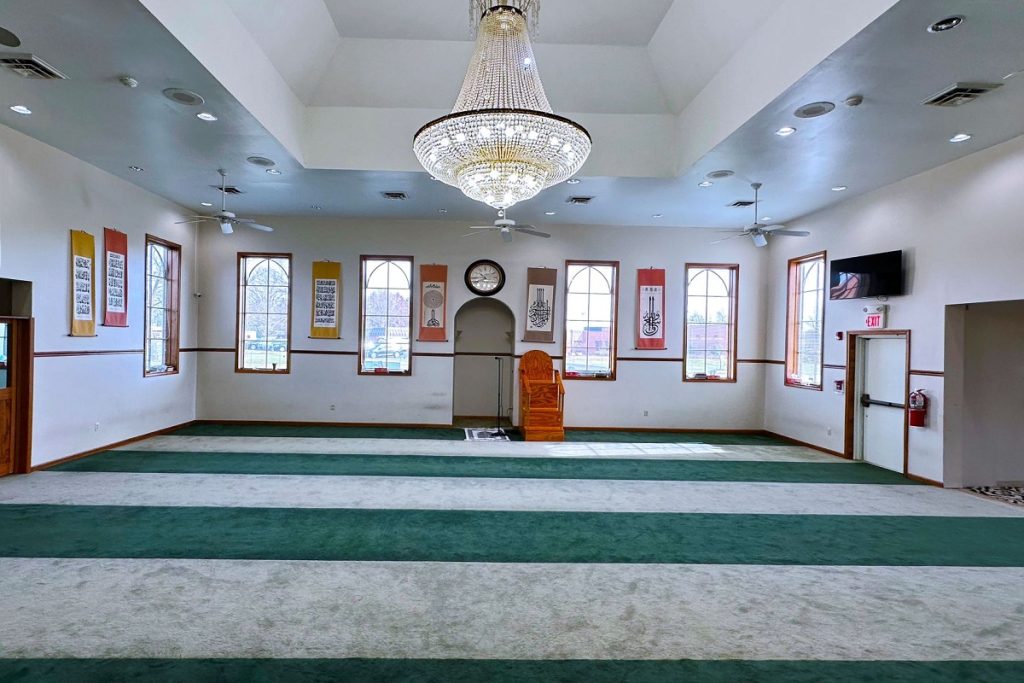Muslim Community in Springfield: Mosques, Culture, and Community Life
A Comprehensive Look at the Vibrant Muslim Population, Mosques, and Community Life in Springfield.

The Muslim community in Springfield represents a growing and diverse population, contributing significantly to the city’s social, cultural, and economic landscape. Over the past few decades, immigrants from various countries, including the Middle East, South Asia, and Africa, have settled in Springfield, bringing with them rich traditions and practices that have shaped the city’s multicultural identity.
Demographics and Diversity
Springfield’s Muslim population is a tapestry of ethnicities, languages, and traditions. From Pakistani and Indian families to Somali and Middle Eastern immigrants, the community thrives on diversity while sharing a common faith. Many Muslim families are second- or third-generation residents, actively participating in civic life, education, and local businesses.
Places of Worship and Community Centers
Central to the Muslim community in Springfield are its mosques and Islamic centers, which serve not only as places of worship but also as hubs for social interaction, education, and charitable activities. These institutions often offer Quranic studies, youth programs, and cultural events that bridge generational gaps and foster a strong sense of community.
Key centers include:
-
Springfield Islamic Center: Known for its inclusive approach and regular interfaith initiatives.
-
Masjid Al-Noor: A focal point for education, social services, and community gatherings.
-
Muslim Student Associations (MSAs): Active in local universities, they provide networking, spiritual guidance, and cultural engagement for young Muslims.

Cultural Contributions and Community Engagement
Muslims in Springfield actively contribute to the city’s cultural landscape. Annual events such as Eid celebrations, Ramadan iftars, and interfaith dialogues bring people together and promote understanding. Many community members also participate in volunteering, social justice initiatives, and local charity drives, enhancing Springfield’s social cohesion.
Challenges and Resilience
Like many Muslim communities across the U.S., Springfield’s Muslim population faces challenges including cultural misconceptions and integration barriers. Nevertheless, the community has consistently demonstrated resilience, promoting education, entrepreneurship, and civic engagement to create a positive impact.
Looking Ahead
The future of Springfield’s Muslim community is one of growth, inclusivity, and deeper engagement with the broader society. Through cultural education, interfaith initiatives, and active participation in civic life, the community continues to strengthen its presence and contribute meaningfully to Springfield’s development.



